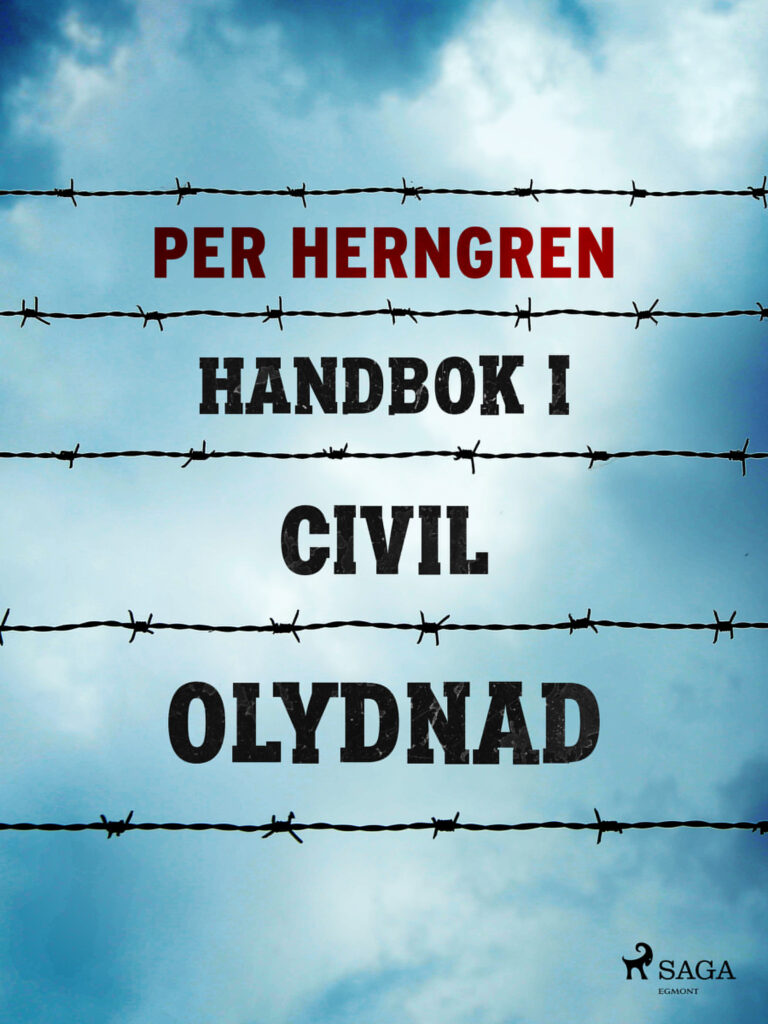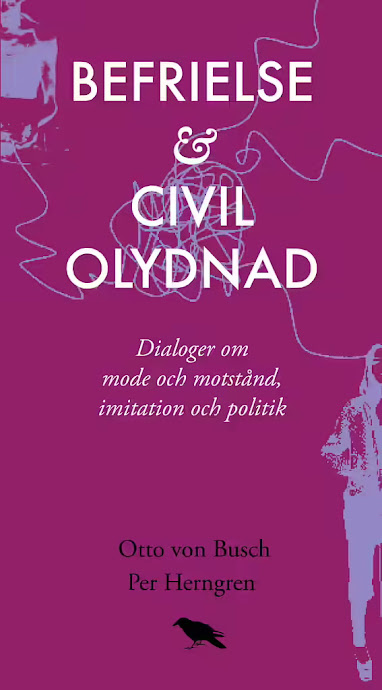Kunskap tar ej bort rasism: Sara Ahmed
Det finns en övertro på att mer kunskap skulle minska rasism, sexism eller fattigdom. Detta skapar föreställningen att om vi bara genomskådar makt förlorar makten makt. Detta är en illusion, menar Sara Ahmed: "supporting the illusion that social hierarchies are undone once we have ‘seen through them’". (Sara Ahmed är feministisk queerforskare samt kritisk vithetsforskare.)
En sådan övertro på kunskap och utbildning reproducerar klass. Ignoranta, lågutbildade, arbetarklass eller nysvenskar pekas (ofta indirekt) ut som problemet. De välutbildade pekas (alltid indirekt) ut som lösningen.
Idealisering av kunskap blir klassism: Den särbehandlar människor. Och den legitimerar privilegier i form av utbildning.
"Now, this elitism has specific implications for racism. It is often assumed that if people learnt not just about whiteness, but about the world as such, then they would be ‘less likely’ to be racists. As Fiona Nicoll (1999) and Ghassan Hage (1998) have argued, the discourse of tolerance involves a presumption that racism is caused by ignorance, and that anti-racism will come about through more knowledge. We must contest the classism of the assumption that racism is caused by ignorance – which allows racism to be seen as what the working classes (or other less literate others) do. How does this classism travel into the subject-constitution of whiteness studies?"
Kritiskt tänkande bryter inte makten
Här vore det frestande att kritisera borgerlig utbildning och lyfta fram maktkritik, normkritik och annan kritisk utbildning som maktbrytande. Men inte heller kritisk utbildning och radikalt medvetandegörande tar bort rasism och privilegier, hävdar Sara Ahmed."But what I want to question is whether learning to see the mark of privilege involves unlearning that privilege. What are we learning when we learn to see privilege? (Of course this question reminds us that the project of ‘learning to see’ is addressed to privileged subjects.)"
"I have already suggested that the term ‘critical’ functions within the academy to differentiate between the good and the bad, the progressive and the conservative, where ‘we’ always line up with the former. The term ‘critical’ might even suggest the production of ‘good knowledge’."
Postkolonial välvilja
Idealisering av "vår utbildning" reproducerar en postkolonial föreställning att andra vill ha, och behöver, det vi kan lära dem. "Bruna", "andra kulturer" och tredje världen behöver verkligen vår kunskap för att sedan själva kunna befria sig från okunniga, patriarkala ledare, från bruna män."Of course, if you live and work in the world of education, then you are likely to assume that learning is a good thing; we would probably share a resistance to defining learning as the achievement of learning outcomes, but have a view of learning as the opening up the capacity to think critically about what is before us. But one problem with being so used to the learning = good equation, is that we might even think that everyone should aspire to such learning, and that the absence of such learning is the ‘reason’ for inequality and injustice ... There is of course a class elitism that presumes university is the place we go to learn, let alone to think. This is the same elitism that says that those who don’t get to university, have failed, or are deprived. The aspiration of ‘university for all’ offers at one level a vital hope for the democratization of an elite culture, but at another, sustains the bourgeois illusion that others ‘would want’ the culture that is constituted precisely through not being available to all."
'Medveten' om sina privilegier
Inte heller att bli medveten om sin egen rasism tar bort rasism eller makt. Medvetande om den egna skulden kan snarare producera föreställningen om goda vita, de som är skuldmedvetna."The term ‘self-conscious’ has its own genealogy; its own conditions of emergence. A self-conscious subject is one that turns its gaze towards itself, and that might manage itself, or reflect upon itself, or even turn itself into a project (Rose 1999). Such a self-conscious subject is classically a bourgeois subject, one who has the time and resources to be a self, as a subject that has depth which one can be conscious about, in the first place (Skeggs 2004). The term ‘self-conscious’ might even suggest the production of a ‘good subject’, one who has positive attributes."
Antirasism som stolt vithet
'Vad kan vi som vita göra?' Det är en fråga Sara Ahmed får när hon föreläser om vithet. Frågan återskapar en vit självupptagenhet. Frågan producerar återigen vita som eget subjekt."The fantasy that organises this new white subject/knowledge formation is that studying whiteness will make white people, ‘self-conscious and critical’. This is a progressive story: the white subject, by learning (about themselves?) will no longer take for granted or even disavow their whiteness. The fantasy presumes that to be critical and self-conscious is a good thing, and is even the condition of possibility for anti-racism ... I suspect one can be a self-conscious white racist, but that’s beside the point. The point is that racism is not simply about ‘ignorance’, or stereotypical knowledge. We can learn about racism and express white privilege in the very presumption of the entitlement to learn or to self-consciousness."
Medvetande ställs över materian
Idealisering av kunskap är ett sätt att överordna mental och andlig kunskap över kroppsarbete och hantverksskicklighet. Bara vi kunde ändra attityden. Bara folk förstod. Detta blir ytterligare en maktteknik för att reproducera över- och underordning, elitism och klass."We could even recall here the Marxian critique of self-consciousness as predicated on the distinction between mental and manual labour, and as supported by the concealment of the manual labour of others ... Indeed, if learning about whiteness becomes a subject skill and a subject specific skill, then ‘learned whites’ are precisely ‘given privilege’ over others, whether those others are ‘unlearned whites’ or learning or unlearned non-white others. Studying whiteness can involve the claiming of a privileged white identity as the subject who knows. My argument suggests that we cannot simply unlearn privilege when the cultures in which learning take place are shaped by privilege."
Interventioner i maktordningar kräver träning
Mitt förslag är att sårbara interventioner i maktordningar varvat med motståndsträning och ickevåldsträning har möjlighet att bryta överordningen av individuell mental kunskap över kroppslig och gemensam kunskap. Vi behöver träna oss tillsammans på att intervenera i maktordningar. Träna ihop. Individuell träning skulle bara producera illusionen politisk individualism: att det skulle vara individens insikt, attityd, radikalitet eller duktighet som skapar politisk förändring.Civil olydnad och andra direkta interventioner i våld och förtryck behöver utföras proaktivt och performativt: Mål och medel blir därmed ett. Performativ feminism och Gandhis ickevåld 'genomför', de pekar inte ut en central makt någonstans som borde genomföra det vi vill. Genom att målet genomförs igen och igen undviker de att återinsätta någon centralmakt som det egentliga Subjekt.
Ifall civil olydnad istället skulle utföras för att avslöja, upplysa, ändra attityder eller göra folk medvetna så skulle den reproducera illusioner så som: 'Om bara folk genomskådade makten så skulle makten förlora sin makt'. 'Om vi bara kunde få dem att ändra attityden så skulle vi få politisk förändring.'
Per Herngren
2013 06 02, version 0.2







Rasismen kan hända att ej påverkas av kunskap.
SvaraRaderaMen fattigdomen är inte samma sak. Jag anser att kunskap, utbilning åt alla är en förutsättning för att kunna ta bort fattigdomen i tredje världen. Det betyder ej att alla ska ha universitets utbilning, men det finns andra utbildnigar som är minst lika viktiga.
Hej Diego
SvaraRaderaJa, ifall vi skiljer på "kunskap om", och "att kunna", så håller jag med dig.
Kunskap om fattigdom, krig och rasism tar inte bort dessa.
Men att lära sig jämlika feministiska mötestekniker, att lära sig lösa problem, att lära sig ingripa vid mobbing och förtryck, att lära sig berätta berättelser muntligt och skriftligt, att lära sig ickevåld, att lära sig organisera etc, dessa är ju helt avgörande för befrielse!